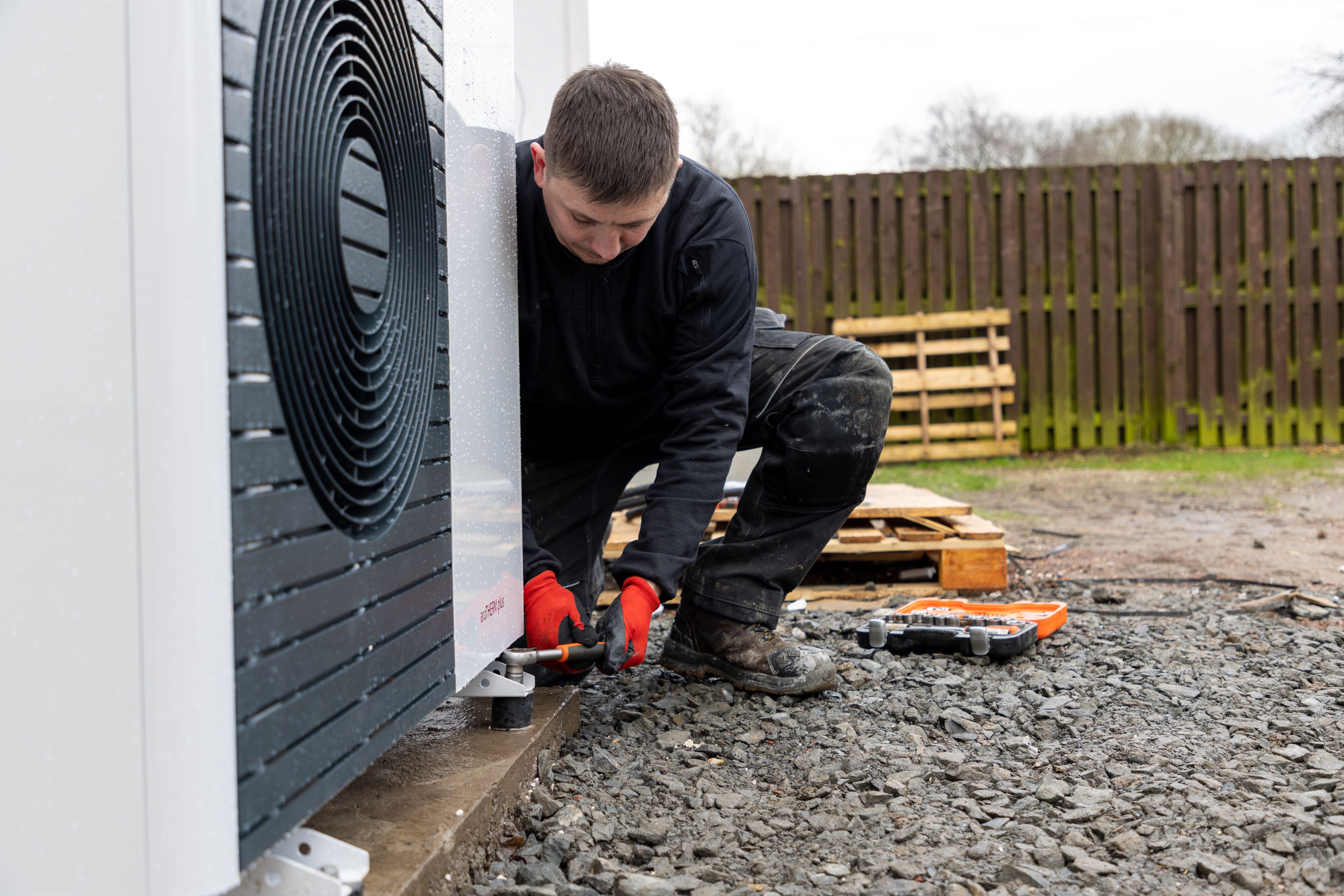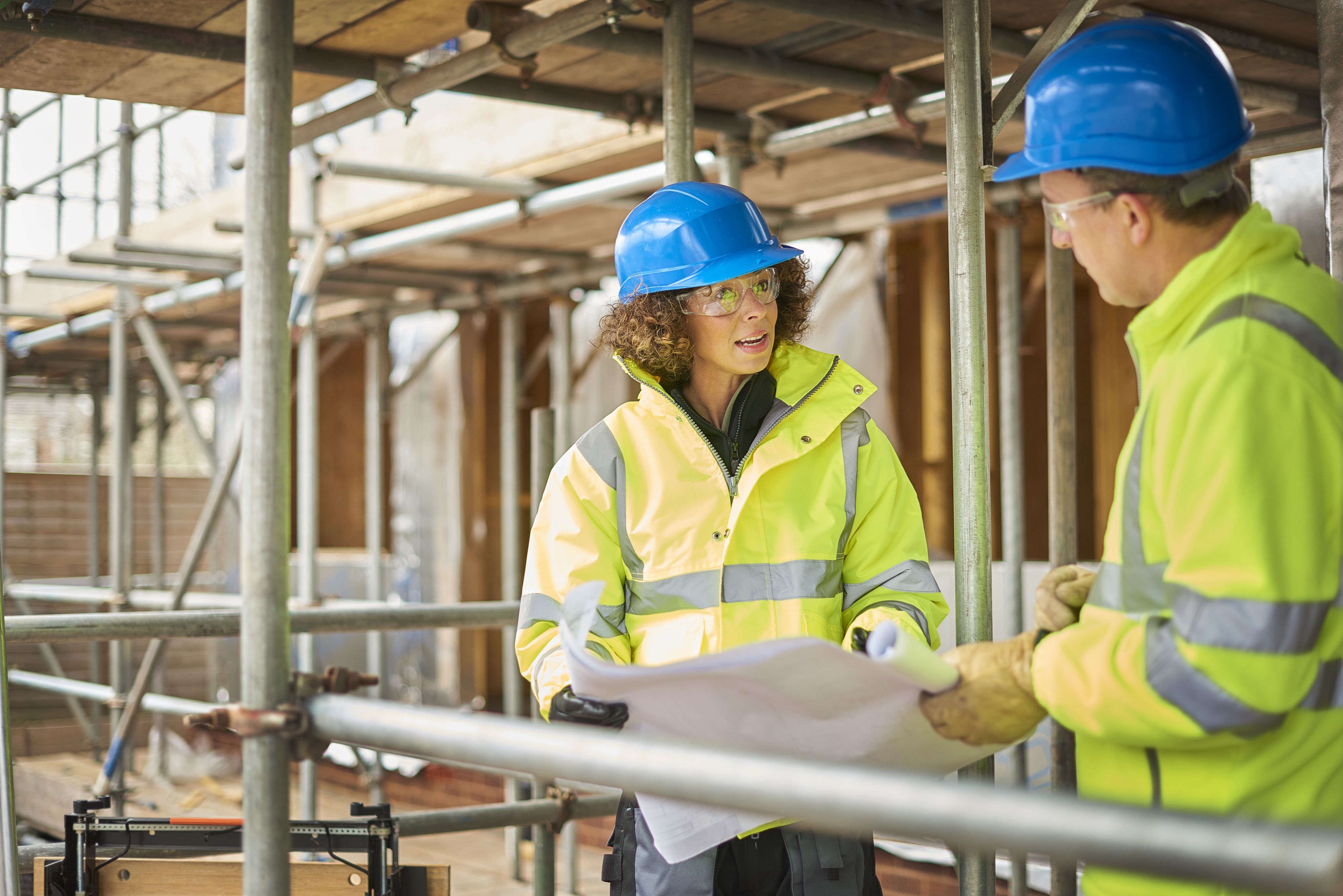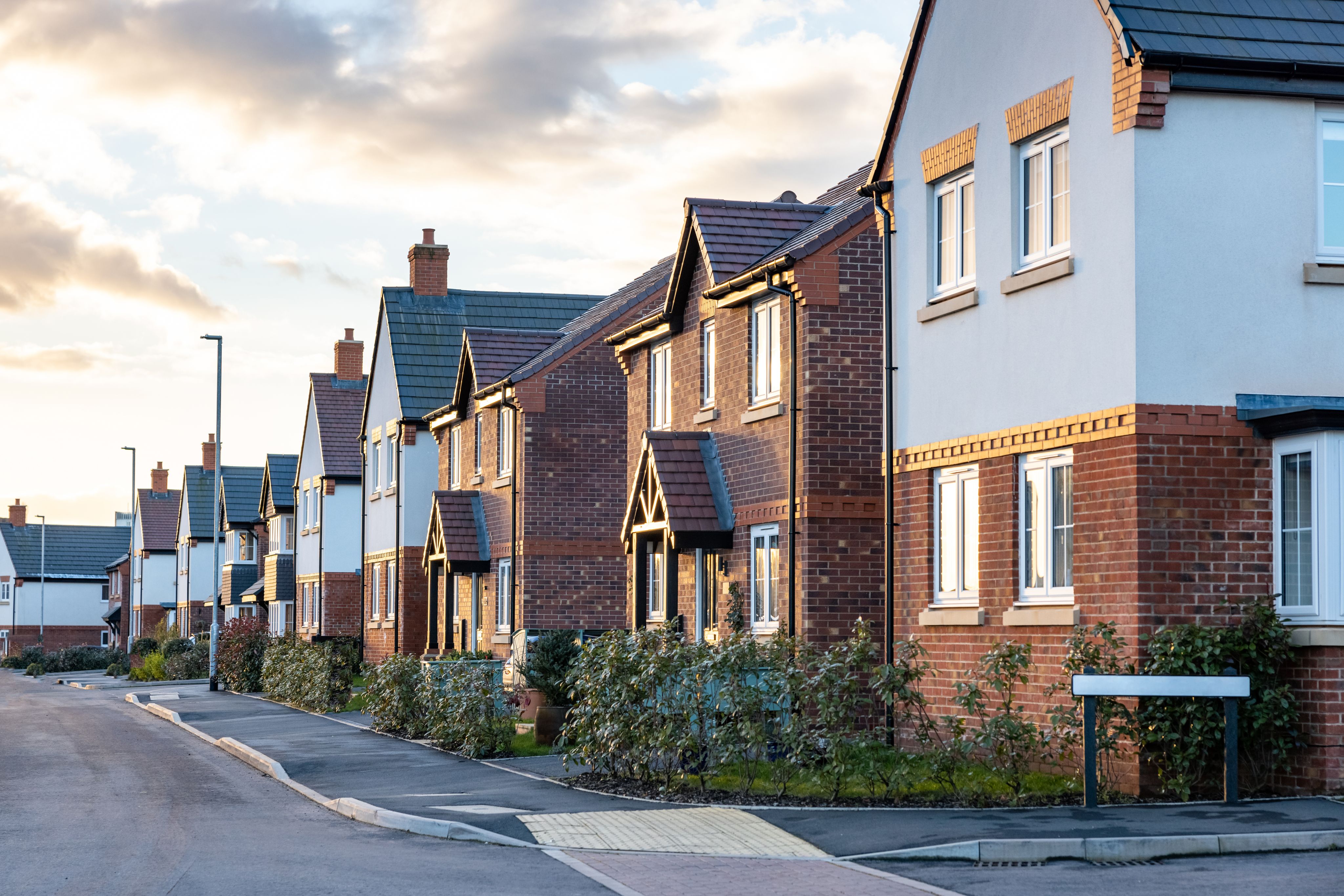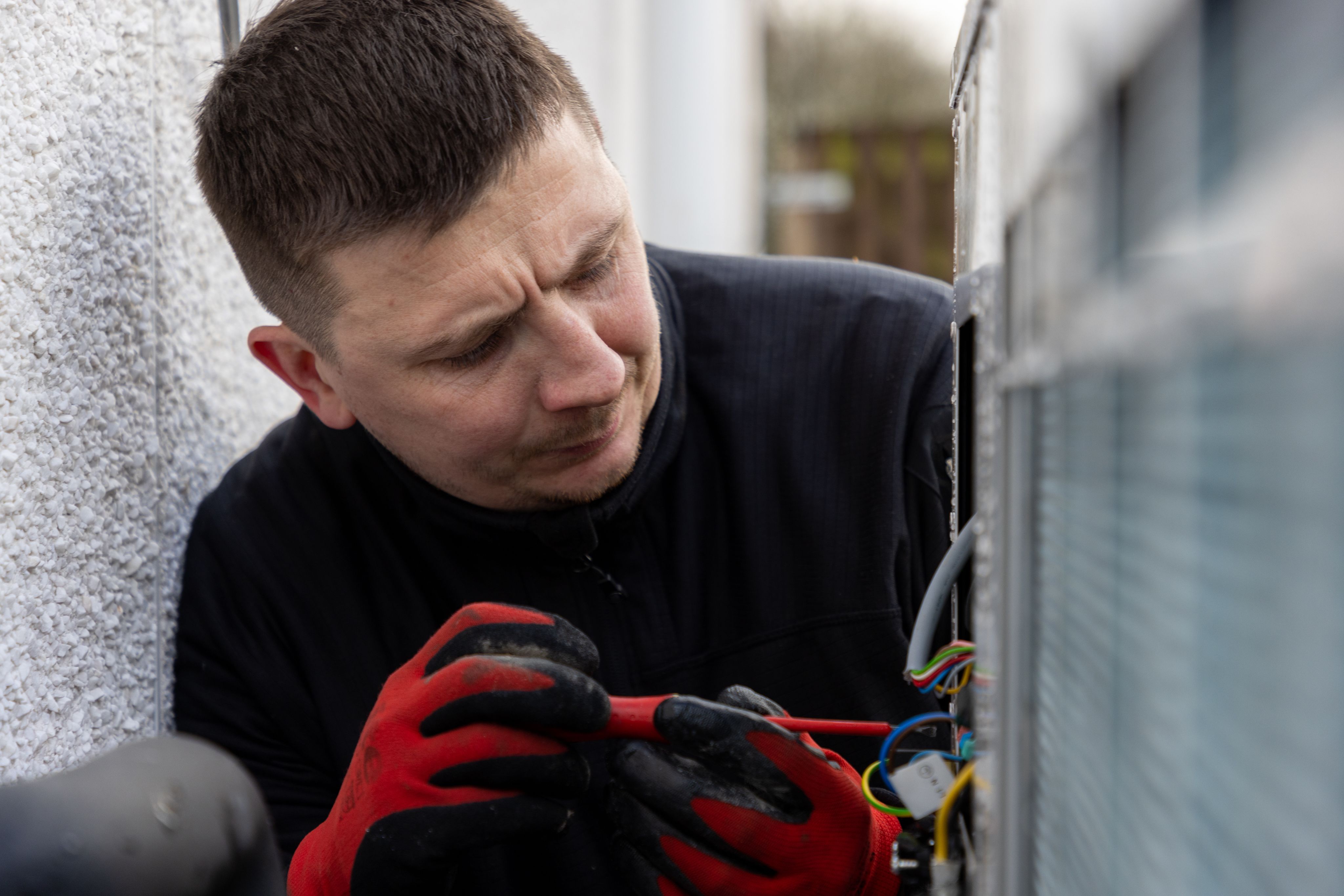Mapping the path to clean heat
An update on our work co-designing an area-based approach to the planning and delivery of low-carbon heat.
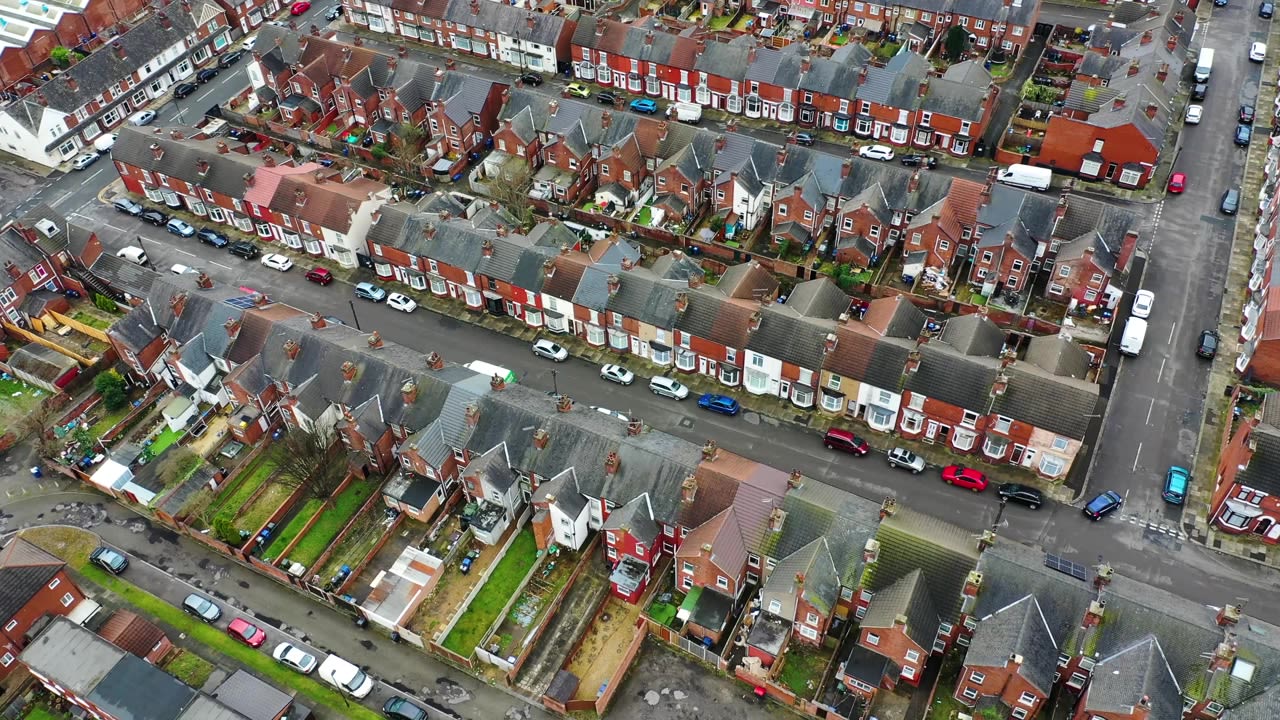
We have built on our thinking outlined initially in this policy note and have started to test the proposal through co-creating a policy blueprint. The policy blueprint will look in more detail at which actors are involved and what they could be responsible for – connecting the theory of policy proposals to the reality of how it is delivered.
Our framework builds on assumptions taken in the policy note: that a partnership of institutions at different geographical scales produces a heat and energy plan, identifies areas suitable for coordinated switching and then commissions companies to deliver.
Our initial blueprint follows. We’re sharing this early to develop it more quickly with those involved in the planning or delivery of low-carbon heat.
We will be hosting in-person workshops in Cardiff, Edinburgh, London and an online workshop, to gather stakeholders’ views on particular details and create the policy blueprint.
We want to hear your feedback – sign up for one of our co-creation workshops and/or send your thoughts to andrew.marsden@nesta.org.uk.
Our thinking started by considering the three phases involved in delivering low-carbon heat at scale.
Planning
Creating plans that work at both a local and national level. Meaning that they can be delivered on the ground by engineers in people's homes whilst also contributing to decisions surrounding the supporting infrastructure.
Commissioning
Commissioning companies to deliver low-carbon heat or coordinated approaches such as street-by-street transitions via competitive bidding.
Delivery
Delivering low-carbon heat and coordinated switching schemes for citizens. Decarbonising their homes and providing long-term assurance and aftercare.
We then considered the stakeholders or organisations that would be involved and grouped them according to their type. New organisations may need to be created.
We are using the term local heat planning partnerships for a potential new local institution.
Coordination & governance
This stakeholder group / organisation will ensure that local heat planning partnerships have the guidance, resource and data to deliver plans.
They will also facilitate feedback loops to improve the local heat plan methodology.
Local heat planning partnerships
The local heat planning partnerships will create local area heat plans and commission the delivery of the schemes to fulfill the plan.
Delivery organisations
The delivery group will feed into the heat plans, bid on the delivery of schemes and be responsible for on-the-ground delivery.
They will also feed back on key metrics to help improve the heat planning methodology.
Households / citizens
Will ultimately have to live with the plans created. They may have the opportunity to feed into local plans, influence the schemes that are put to tender and should be equipped to facilitate the changes to their streets and homes.
We then consider what these stakeholder groups would be doing at each phase.
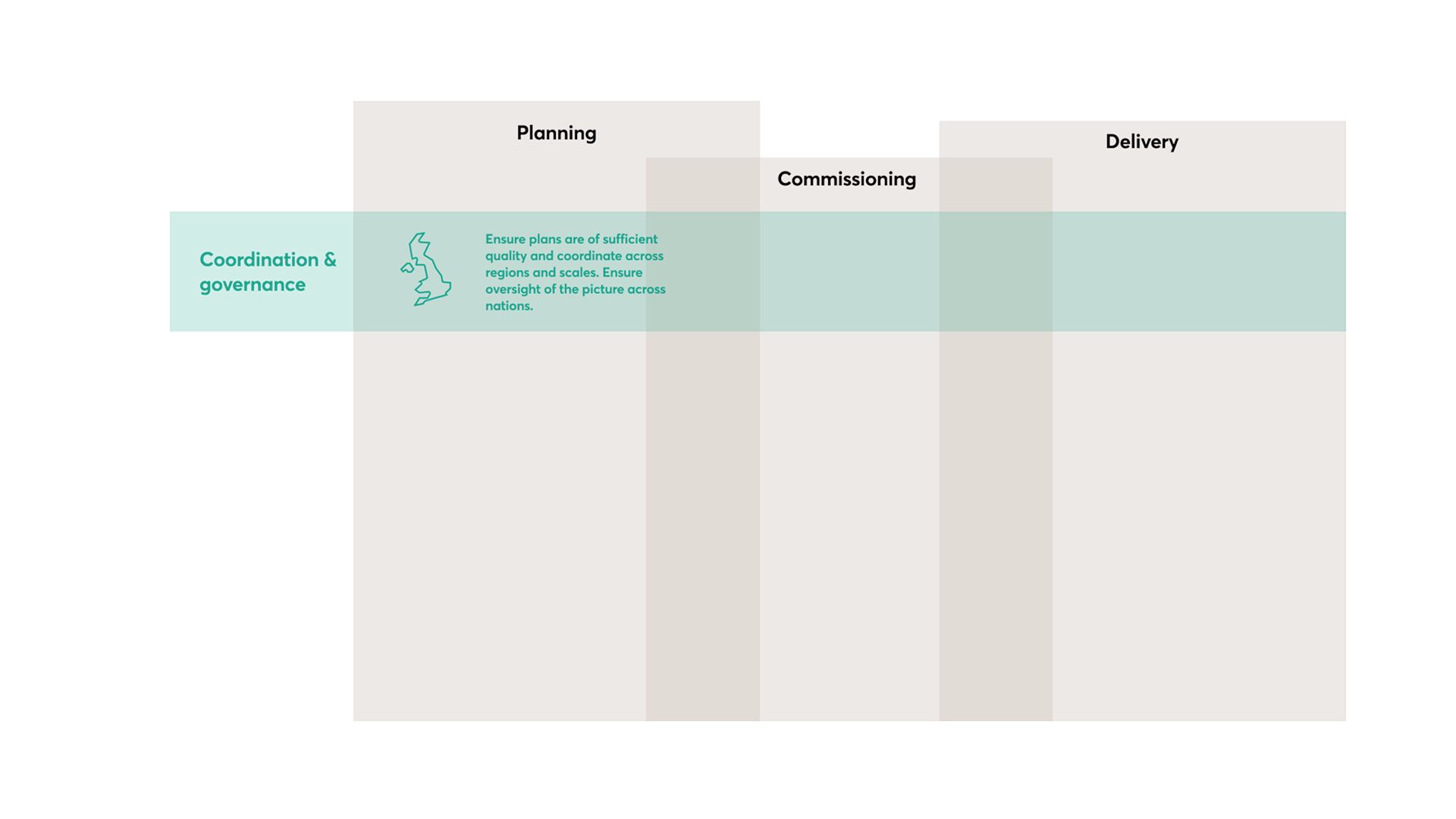
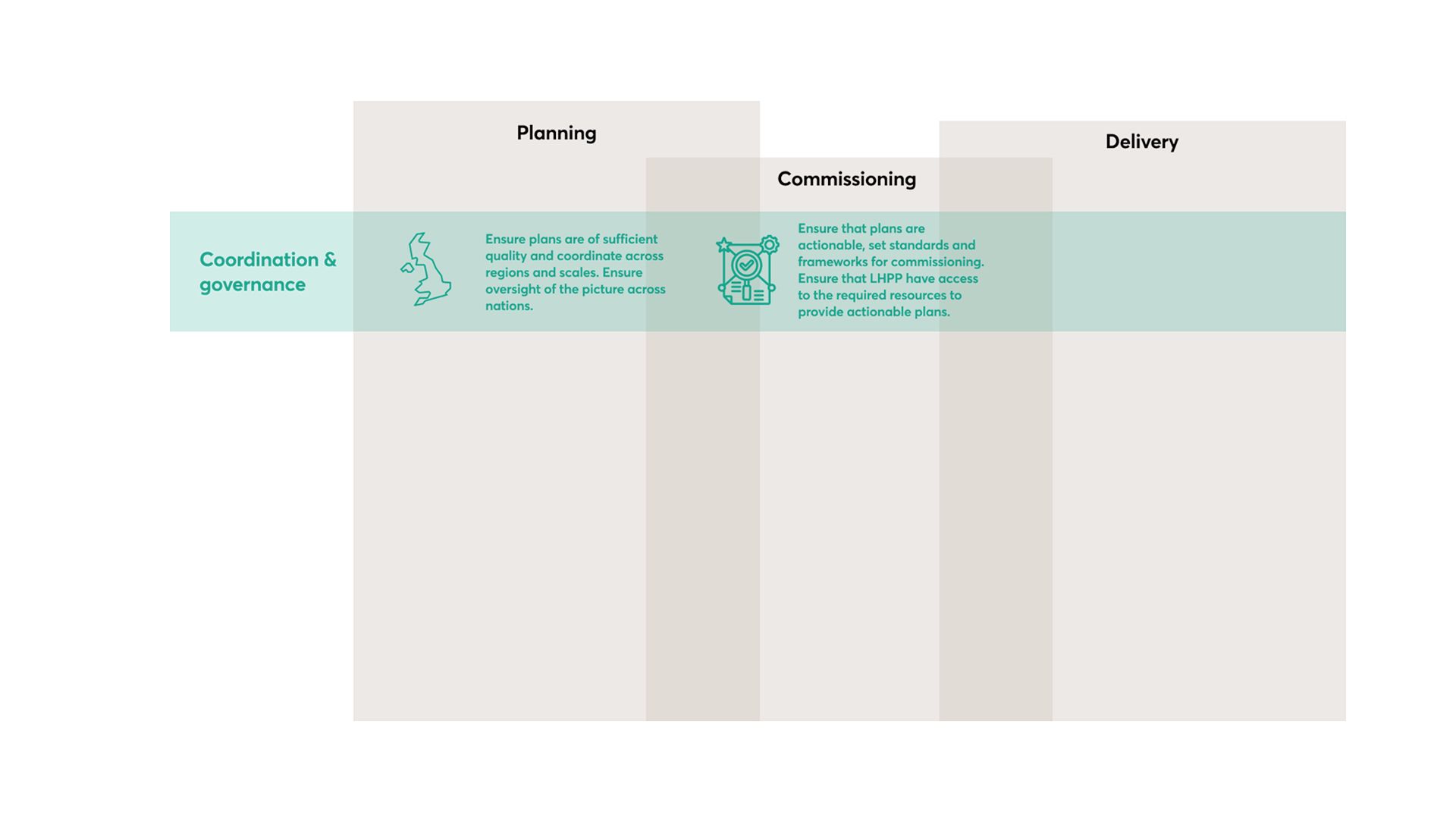
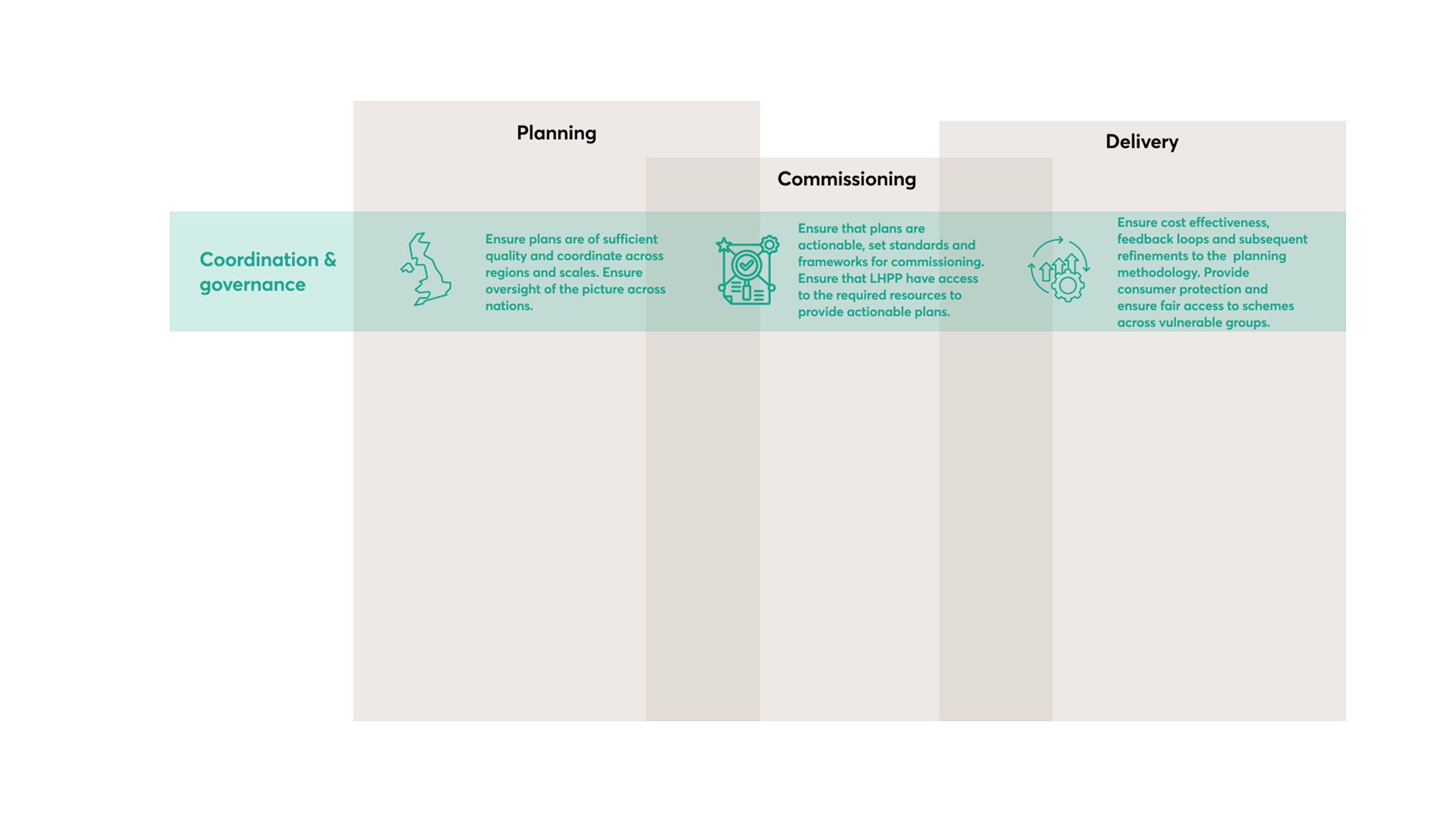
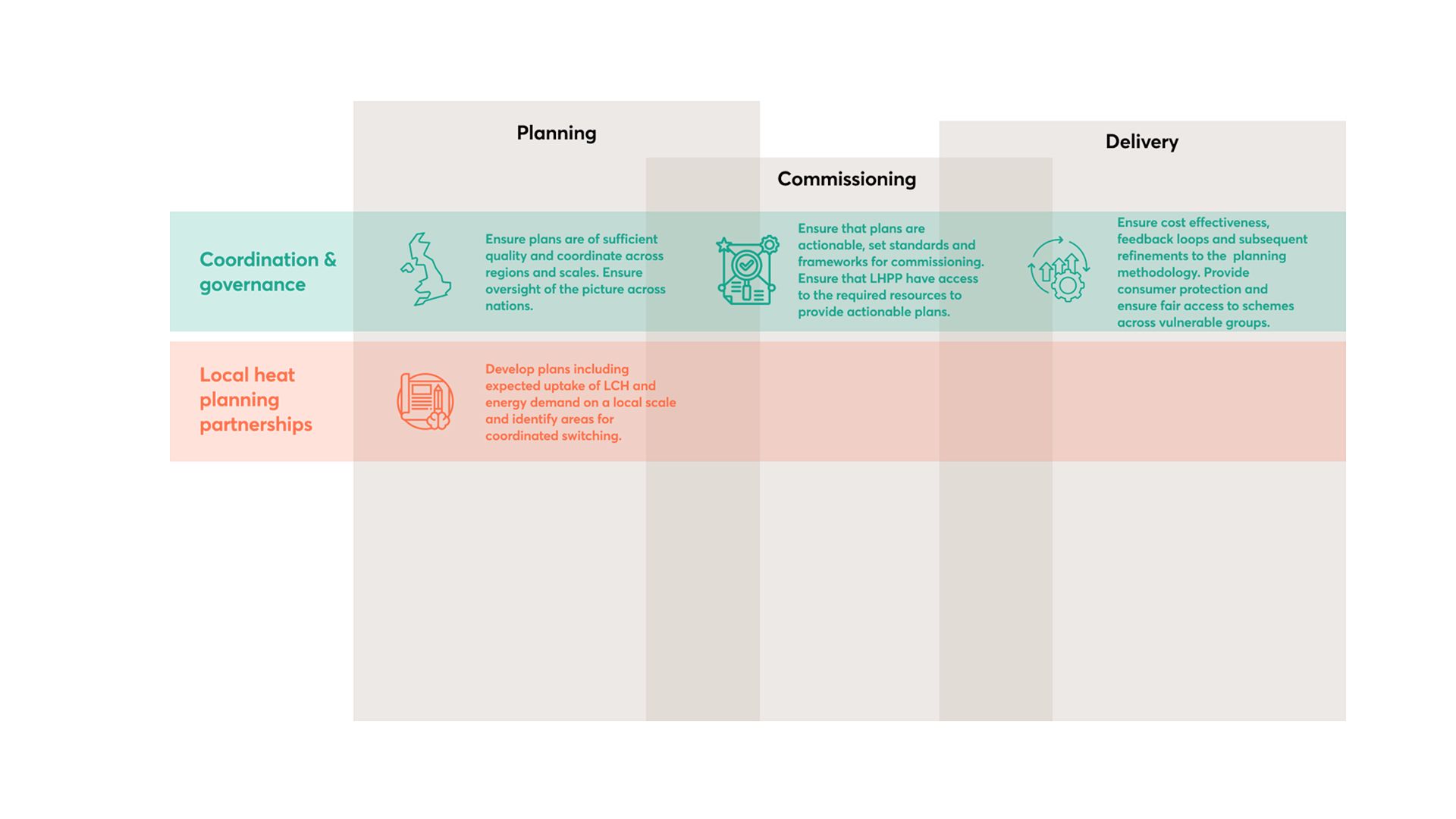
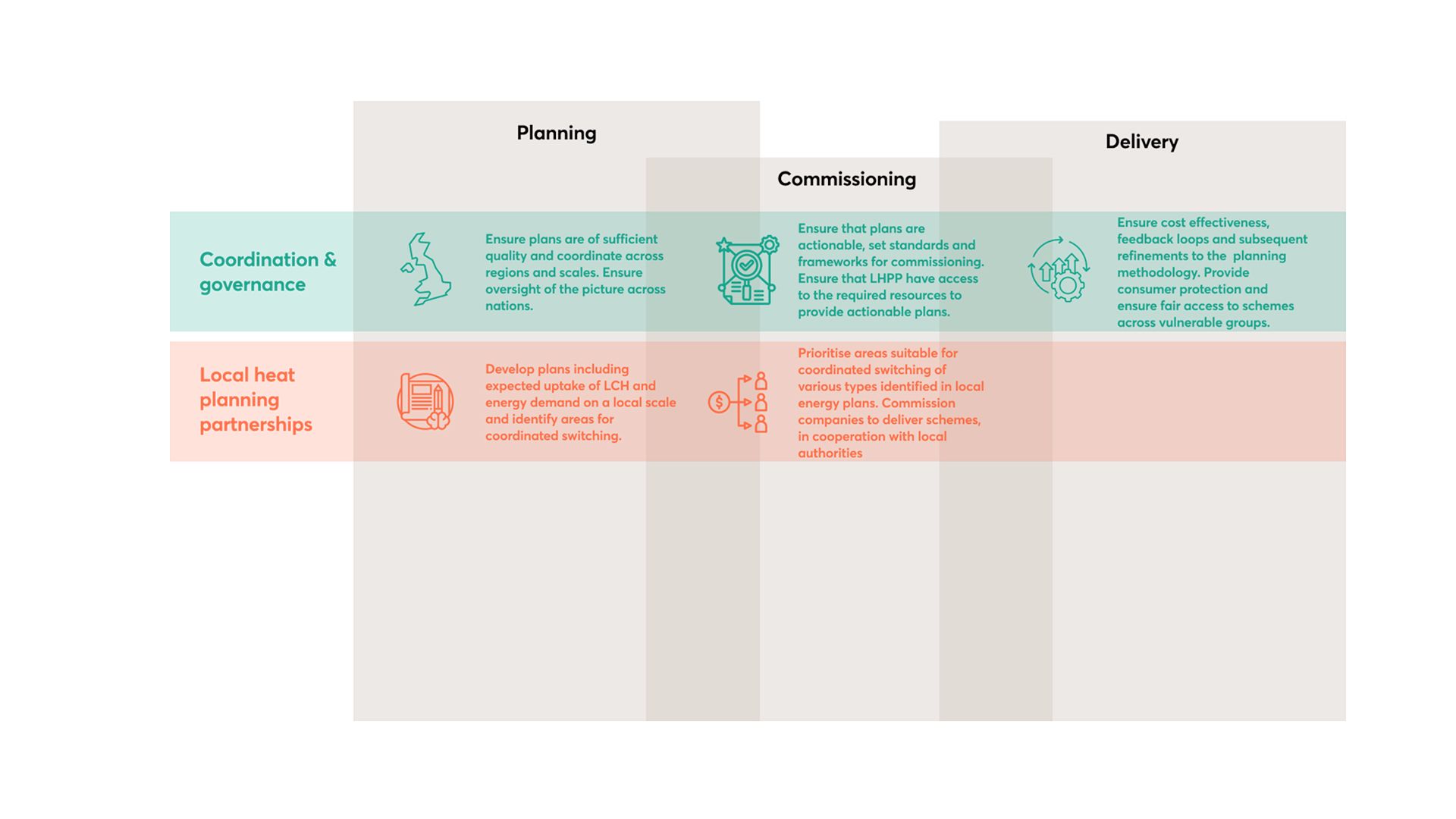
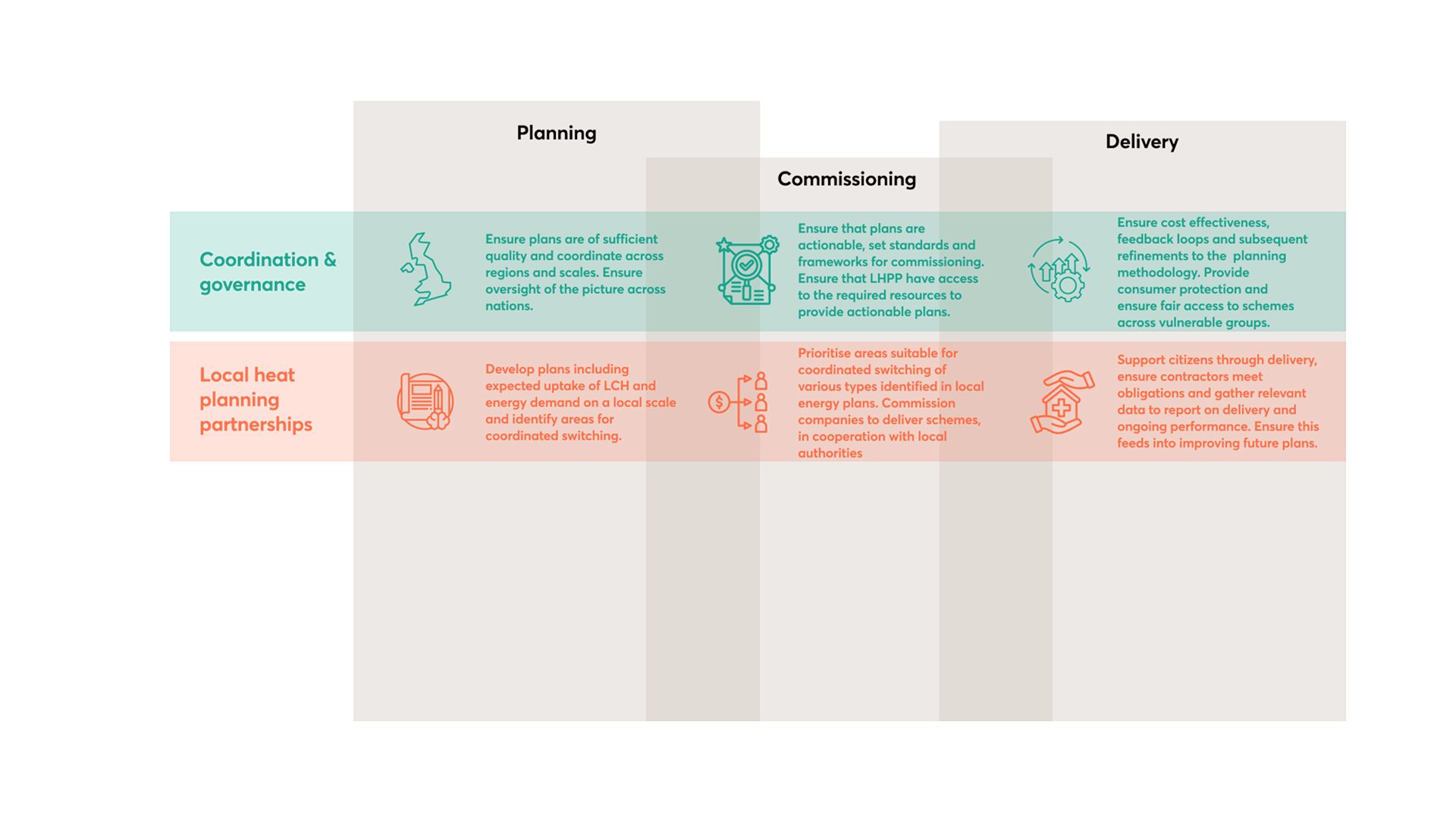
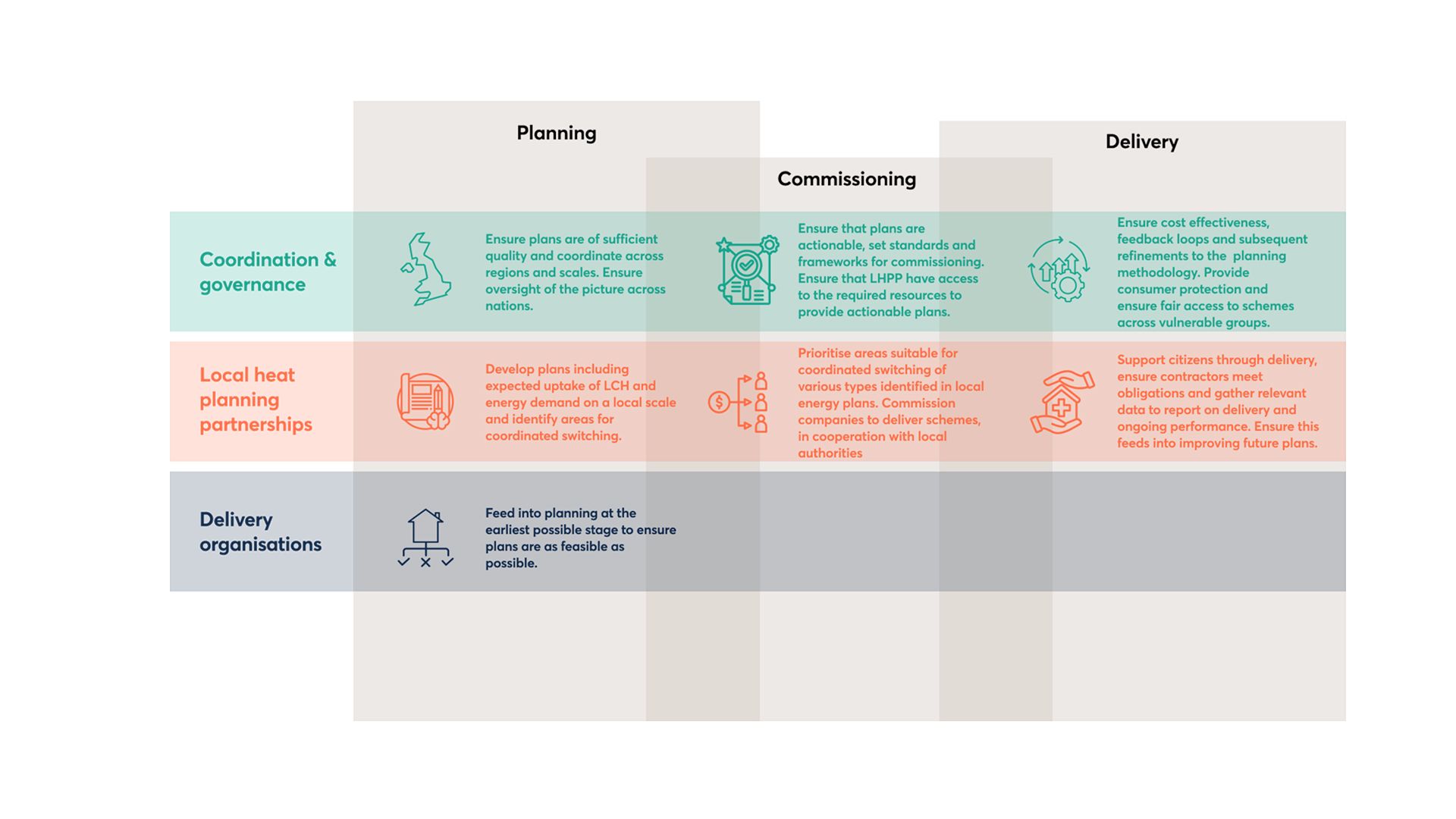
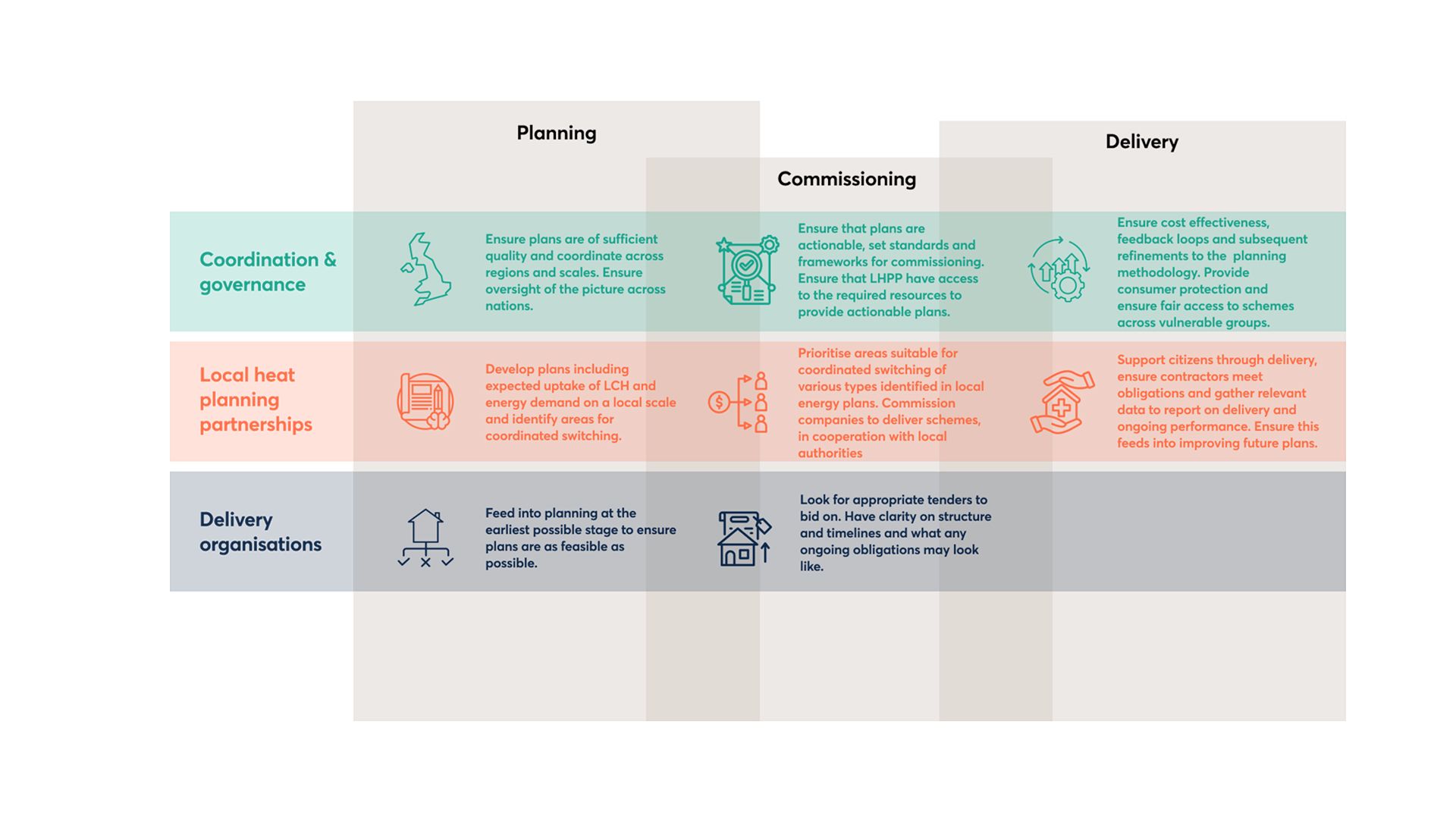
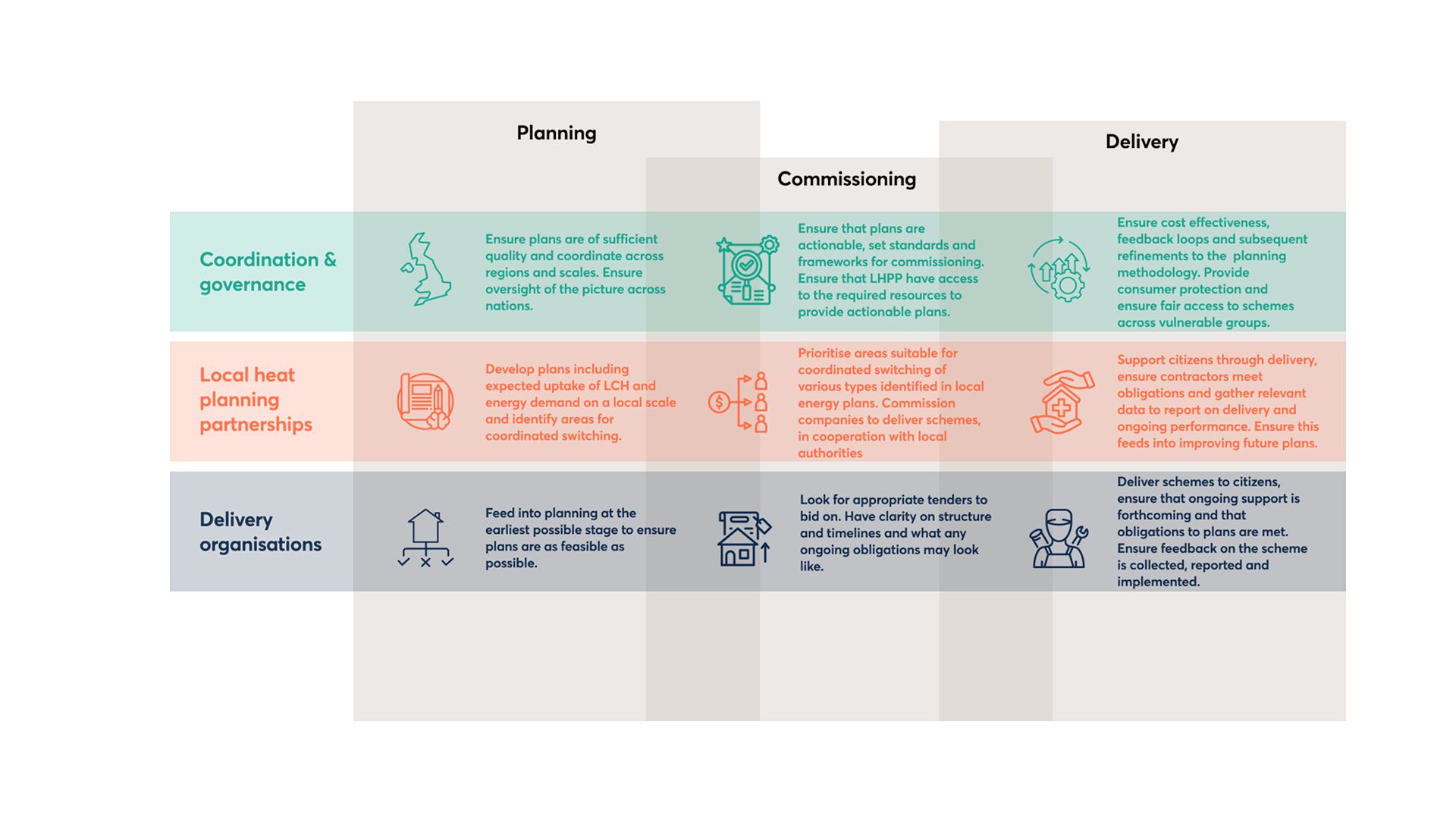
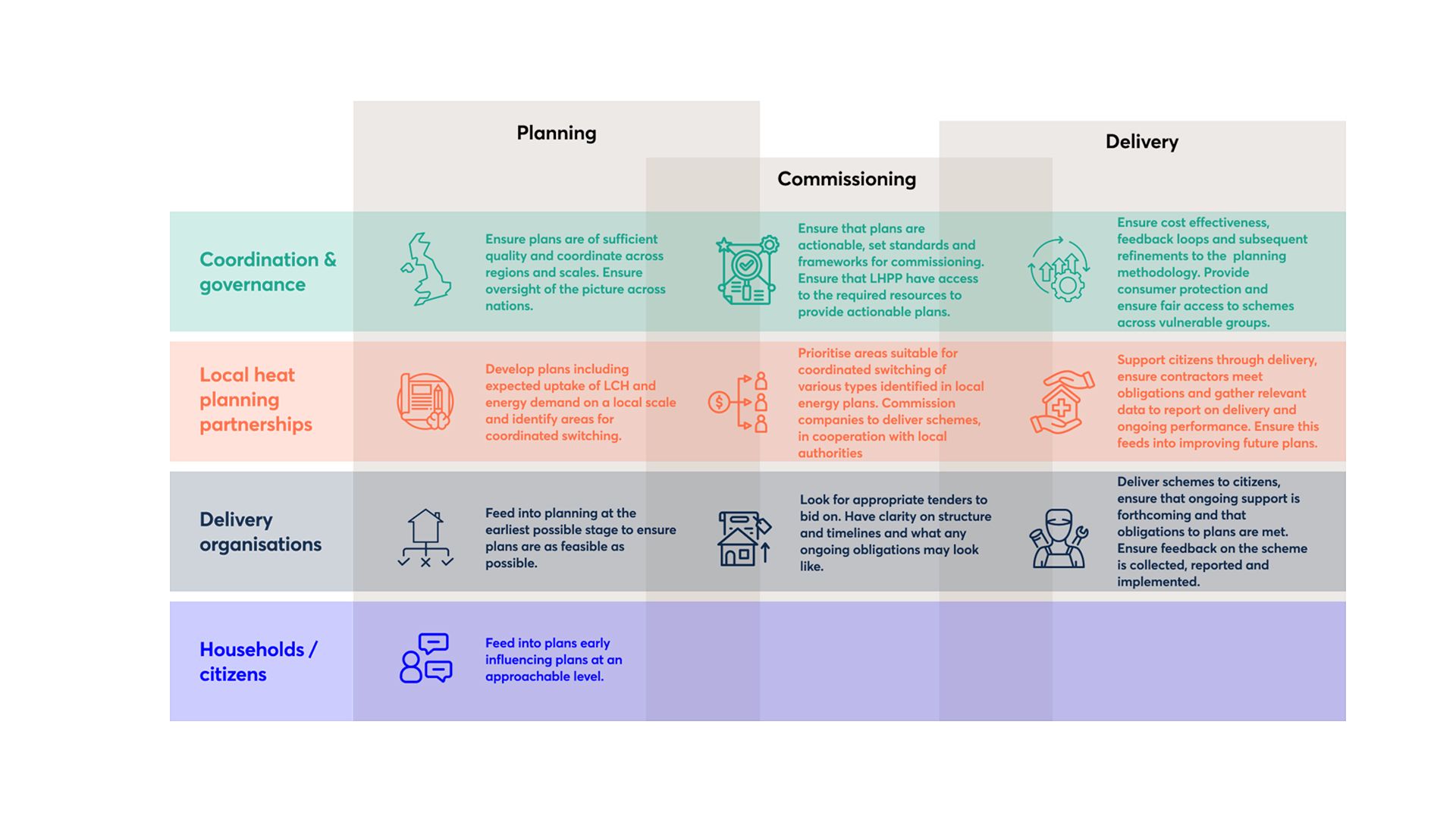
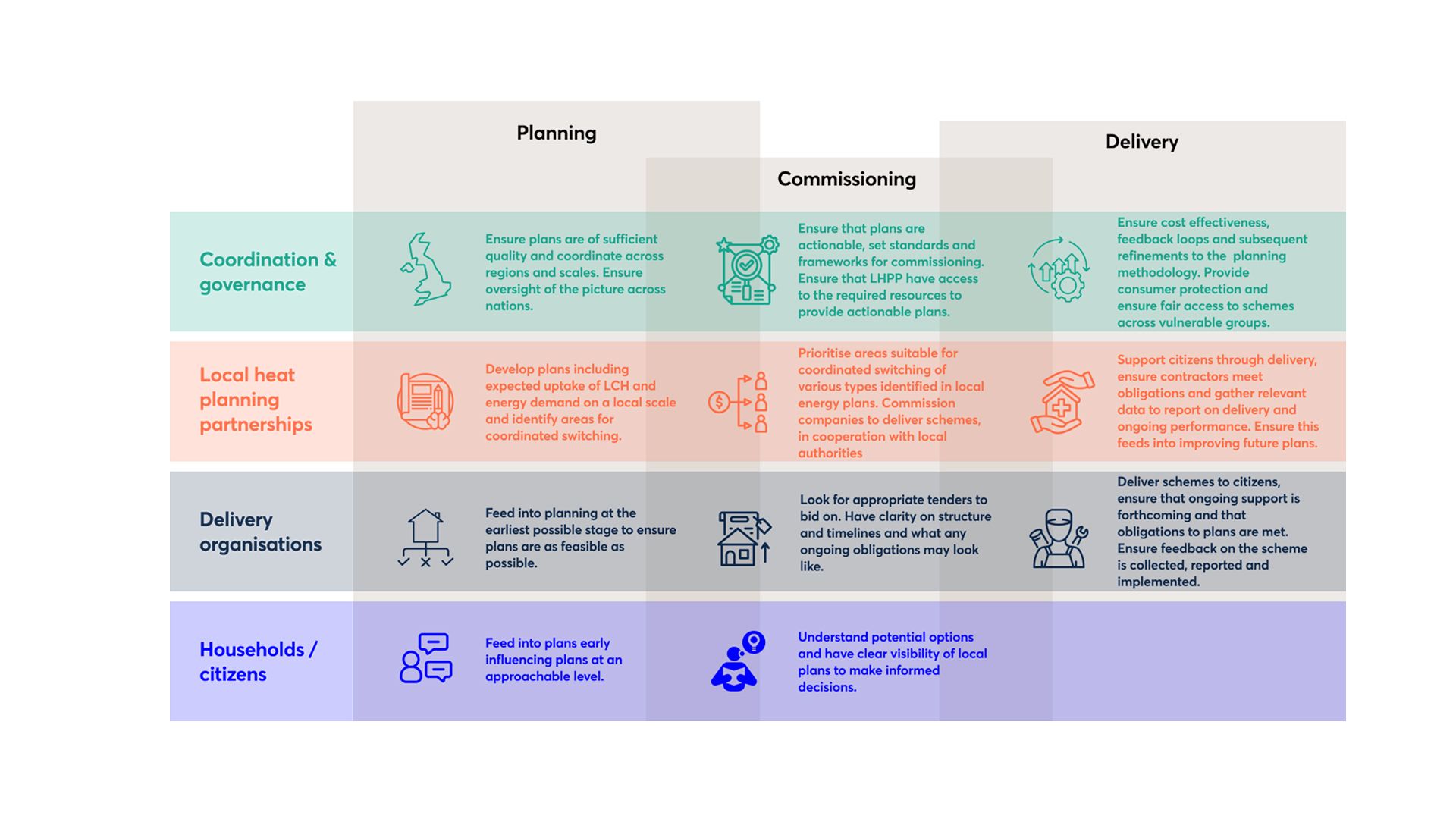
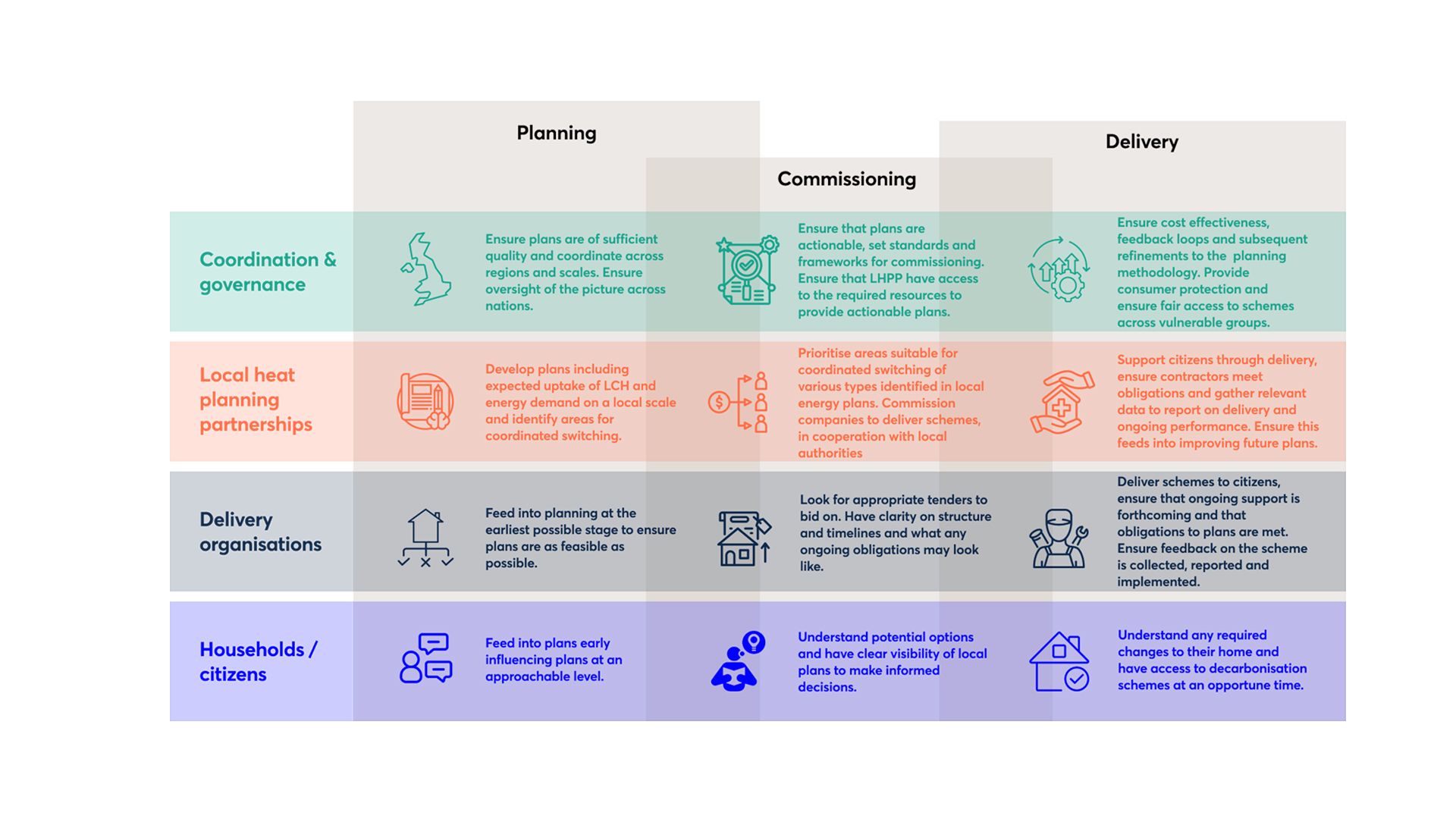
This thinking still remains high-level. If you’re involved in the planning or delivery of low-carbon heat, we want your feedback.
Are we missing a key element? Is the focus solely on heat warranted or should this also consider broader upgrades to homes? Should those responsible for the planning, also be responsible for commissioning? What level of granularity and detail is required to ensure proposed schemes are delivered? What consumer protection may need to be in place?
Please get in touch with us at andrew.marsden@nesta.org.uk or register to attend one of our workshops.

